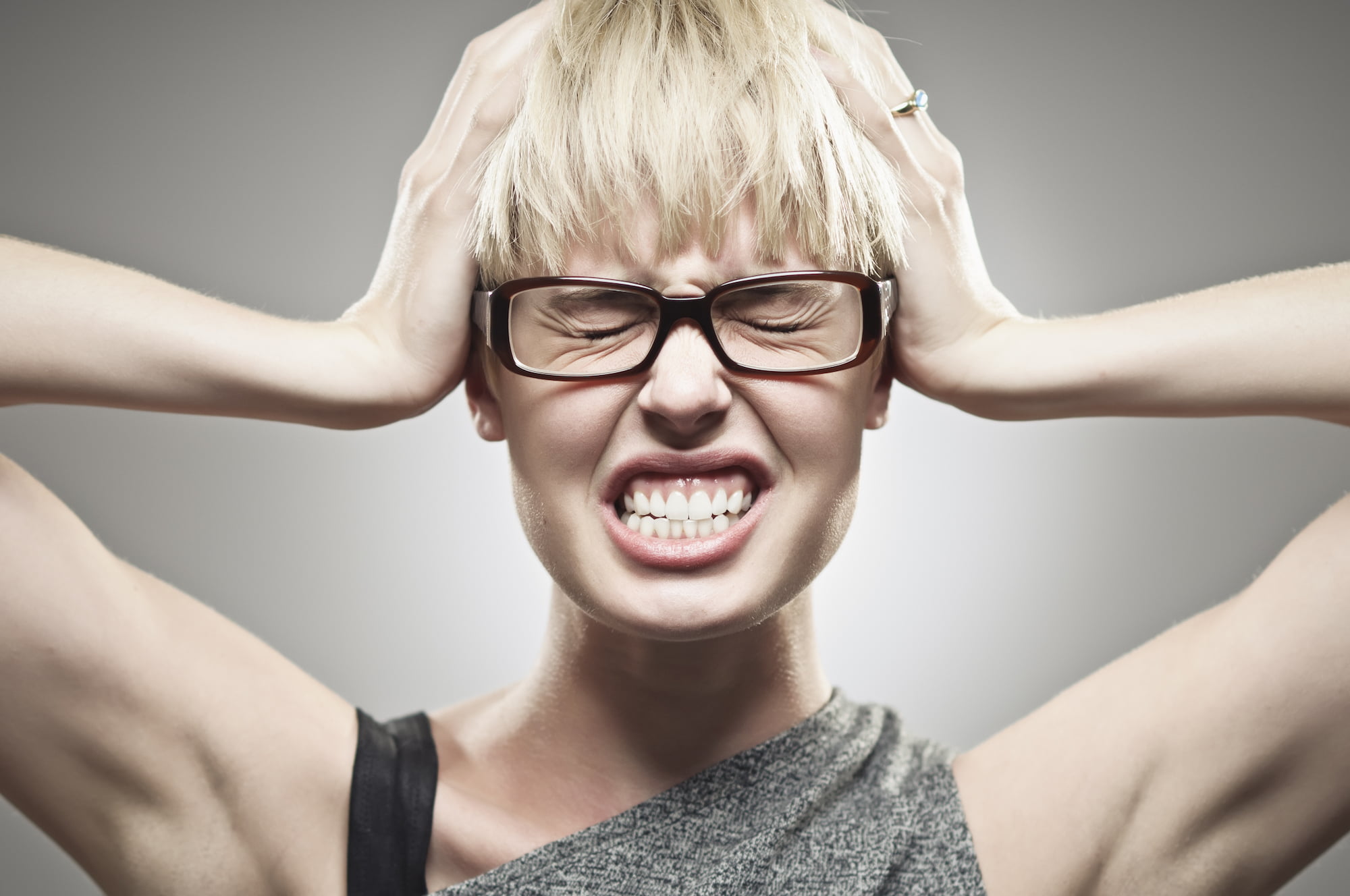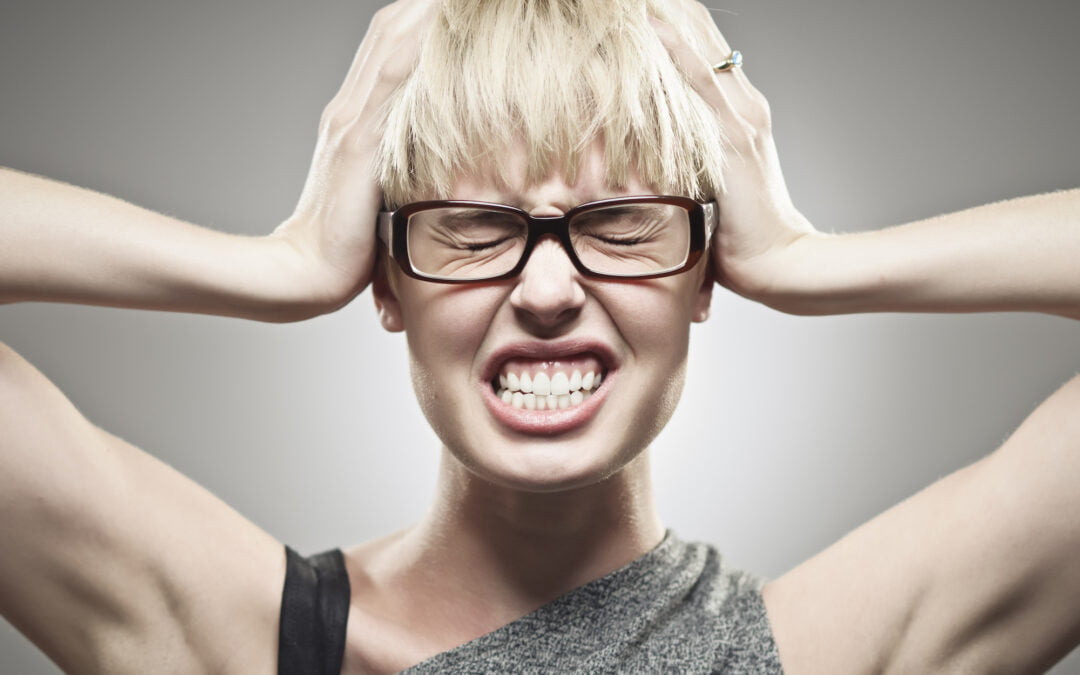What is teeth grinding?
Teeth grinding, or bruxism, is the involuntary, unconscious action of gnashing, clenching or grinding your teeth. It can occur during the day (awake bruxism), but most often occurs during sleep (sleep bruxism).
What causes it?
Whilst there is no definitive answer on what causes bruxism, doctors believe it is the result of a combination of physical, psychological and genetic factors.
There are common risk factors that increase the likelihood of bruxism, including:
- Stress – anxiety, stress, tension, anger and frustration can all lead to bruxism;
- Age – teeth grinding is often seen in toddlers and young children, usually stopping as they grow to adulthood;
- Personality – increased risk of bruxism is tied to aggressive, hyperactive or competitive personality types;
- Medications and drug use – sometimes teeth grinding can be a side effect of particular medications; recreational drug use may also increase risk of bruxism;
- Family instances – the risk of sleep bruxism increases in families – if one member grinds their teeth, it is likely that other members will do it too, or a if there is history of it;
- Presence of other disorders – the risk of bruxism may also be increased when other disorders exist including dementia, epilepsy, sleep apnoea, attention deficit/hyperactivity disorder (AD/HD) and others.
What are some of the symptoms of teeth grinding?
If you’re grinding your teeth at night during sleep, you may not even be aware you are doing it. A partner or parent may become aware of the sound of teeth grinding, or you may exhibit one or more of the following symptoms:
- Headaches;
- Jaw joint and/or ear pain;
- Abraded, chipped or cracked teeth;
- Facial pain;
- Overly sensitive teeth / wearing away of tooth enamel;
- Tongue indentations;
- Damage to the inside of the cheek; and
- Popping or clicking jaw.
What can be done to manage or stop teeth grinding?
Mild bruxism may not require attention or treatment. In more severe cases, bruxism can lead to damaged teeth or negatively impacted jaw function and may need to be managed under the advice of your dental health professional. The management and treatment of bruxism may include treatment of underlying health issues, for example, treatment of sleep apnoea reduces bruxism.
Some other bruxism management actions include:
- Repair to cracked or damaged teeth;
- Fitting a special night-time mouthguard or bite plate to prevent teeth from being able to grind against other teeth;
- Meditation;
- Stress management therapy;
- Muscle relaxation injections (Botox) to reduce activity in the muscle;
- Hypnotherapy; and
- Regular exercise.
We encourage you to speak with one of our dental health professionals to find out more about teeth grinding, associated risks and options for management.
Read our articles on:
Be the best at brushing your teeth
Resources:
https://www.ada.org.au/teeth-grinding
https://www.betterhealth.vic.gov.au/health/conditionsandtreatments/teeth-grinding


